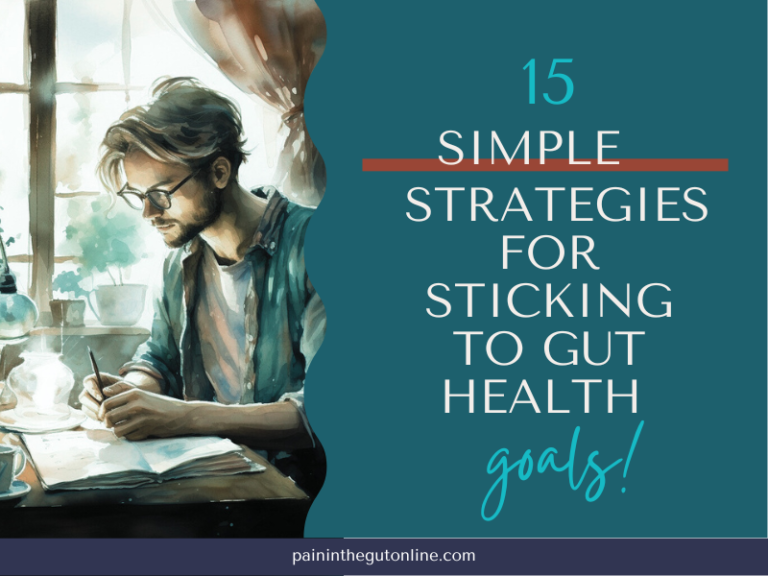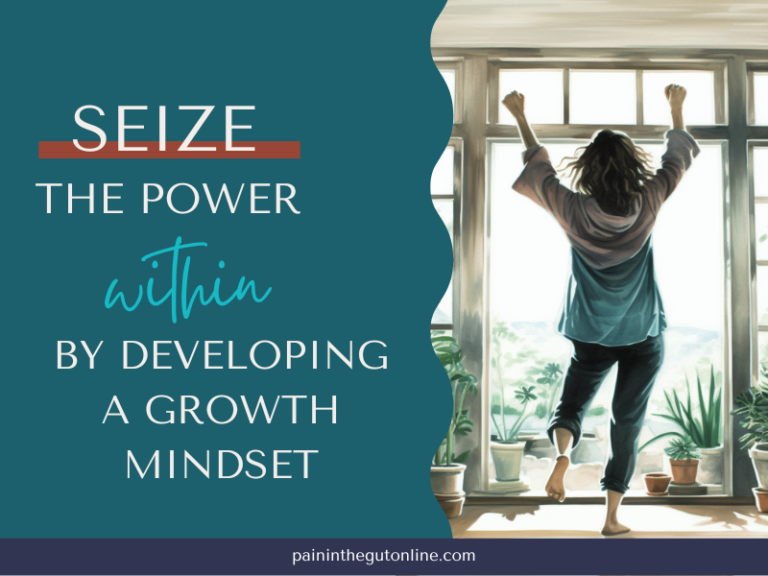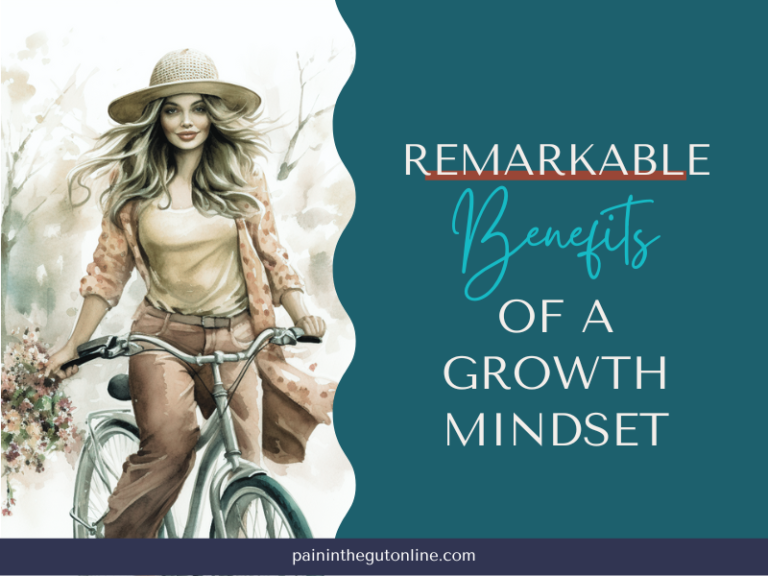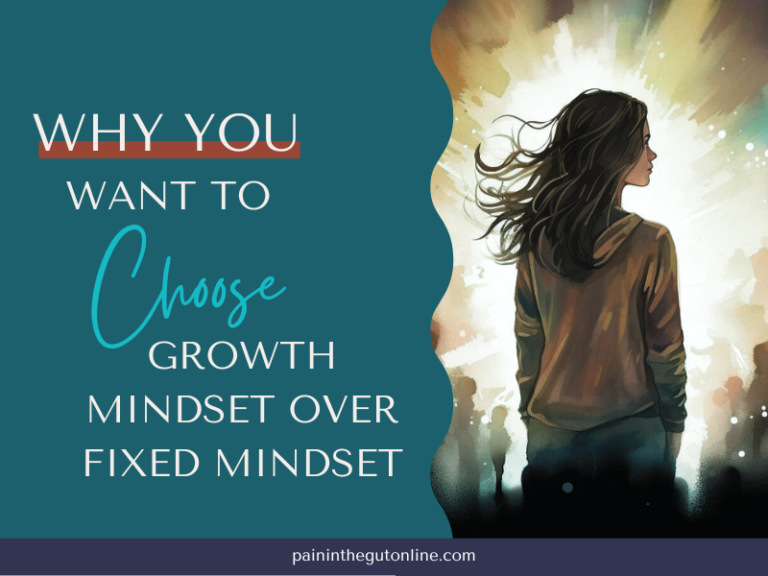GROWTH MINDSET DEFINITION
7 min read/ 1,747 words
Unlock personal growth with a growth mindset! Embrace challenges, learn from setbacks, and redefine your health goals with an understanding of the growth mindset definition.
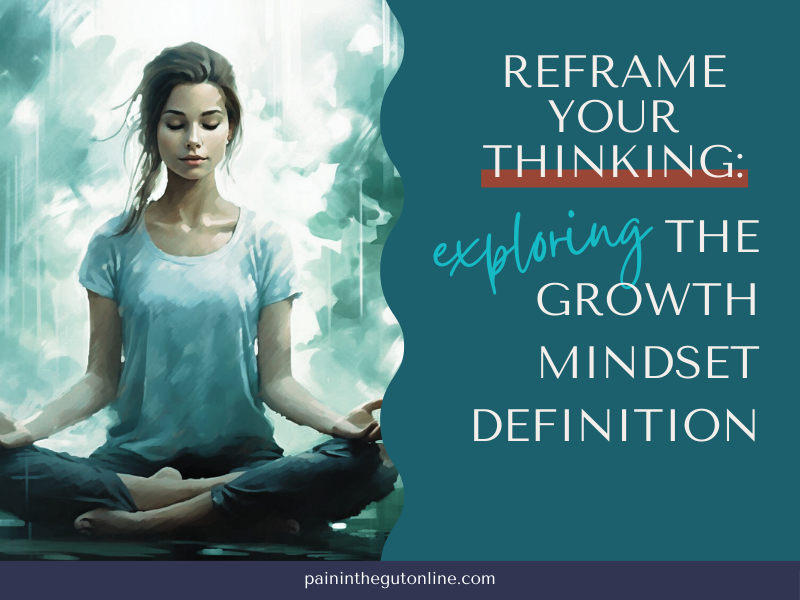
Table of Contents
Understanding Growth Mindset
To embark on a journey of personal development and improve your health, it’s essential to understand the concept of a growth mindset.
A growth mindset is the belief that intelligence and abilities can be developed over time through dedication, effort, and learning. It is the understanding that challenges are growth opportunities rather than obstacles to be avoided. This mindset empowers you to embrace new experiences, persist through setbacks, and continuously strive for improvement (GitHub).
Growth Mindset Definition
The growth mindset definition refers to the understanding that intelligence and abilities are not fixed traits but can be developed and improved through effort and learning.
Psychologist Carol Dweck popularized this concept in her book “Mindset: The New Psychology of Success” (GitHub). It involves having a positive attitude toward personal development and growth and seeing challenges and failures as opportunities to learn and improve (Gene Crawford).
Benefits of Having a Growth Mindset
Adopting a growth mindset can have numerous benefits when it comes to improving your health. People with a growth mindset are more likely to embrace challenges, persist through setbacks, and view effort and dedication as essential components of success.
Some of the benefits of having a growth mindset include:
- Increased motivation: A growth mindset fuels intrinsic motivation by focusing on personal development and improvement. It helps you stay committed to your health goals, even when faced with obstacles.
- Resilience in the face of failure: With a growth mindset, failures are seen as opportunities for learning and growth rather than a reflection of one’s abilities. This resilience allows you to bounce back from setbacks and continue working towards your health goals.
- Openness to learning: A growth mindset fosters a love for learning and a willingness to try new strategies and approaches. This openness can lead to discovering new ways to improve your health and well-being.
- Greater self-confidence: Believing in your ability to develop and improve can boost your self-confidence. With a growth mindset, you are more likely to take on challenges and step out of your comfort zone, leading to personal growth and increased self-assurance.
Differences between Growth Mindset and Fixed Mindset
A growth mindset stands in contrast to a fixed mindset.
While a growth mindset focuses on the belief that abilities and intelligence can be developed, a fixed mindset believes these traits are static and cannot be changed. Individuals with a fixed mindset may shy away from challenges, fear failure, and believe their abilities are predetermined.
By understanding the differences between a growth mindset and a fixed mindset, you can actively work towards adopting a growth mindset and reap its benefits.
Cultivating a growth mindset is an ongoing process that requires self-reflection, effort, and a willingness to challenge your own limiting beliefs. To explore strategies for developing a growth mindset, continue reading our article on developing a growth mindset.
Cultivating a Growth Mindset
To cultivate a growth mindset, it’s crucial to embrace challenges, persist through setbacks, and learn from feedback. By adopting these practices, you can develop a mindset that fosters personal growth and helps you achieve your health goals.
Embracing Challenges
Embracing challenges is a key aspect of developing a growth mindset. Instead of shying away from complex tasks, you actively seek opportunities to challenge yourself and expand your skills. By facing challenges head-on, you can push your limits, develop new abilities, and grow as an individual.
Regarding health goals, embracing challenges might involve setting ambitious objectives that require effort and dedication.
For example, if you aim to improve your cardiovascular fitness, you might challenge yourself to complete a 5K run or take up a new high-intensity workout routine. Embracing these challenges can lead to personal growth and a sense of accomplishment.
Persisting through Setbacks
Setbacks are an inevitable part of any journey toward personal growth and improvement. However, individuals with a growth mindset understand that setbacks are not permanent roadblocks but rather opportunities for learning and growth. When faced with obstacles or failures, they persist and find ways to overcome them.
In the context of health goals, setbacks can manifest as plateaus, injuries, or temporary lapses in motivation.
Instead of being discouraged by these setbacks, a growth mindset encourages you to view them as valuable learning experiences. You can continue moving forward on your health journey by analyzing what went wrong, adjusting your approach, and persisting through challenges.
Learning from Feedback
Feedback is a valuable tool for personal growth and development.
Individuals with a growth mindset actively seek feedback from others and view it as an opportunity to learn and improve. Constructive criticism and suggestions can provide valuable insights and help you identify areas where you can grow and develop.
When it comes to health goals, feedback can come from various sources, such as fitness trainers, healthcare professionals, or even tracking apps.
Embracing feedback means being open to suggestions and making necessary adjustments to your approach. By learning from feedback, you can refine your strategies, make better-informed decisions, and progress toward your health goals.
By cultivating a growth mindset and embracing challenges, persisting through setbacks, and learning from feedback, you can create a foundation for personal growth and achievement.
Remember that developing a growth mindset is a journey that requires consistent effort and dedication. With time and practice, you can foster a mindset that empowers you to overcome obstacles and achieve your health goals.
Strategies for Developing a Growth Mindset
Developing a growth mindset requires conscious effort and the implementation of specific strategies. By incorporating these strategies into your daily life, you can foster a mindset that embraces challenges, persists through setbacks, and seeks continuous improvement. Here are three effective strategies for developing a growth mindset: mindfulness and self-reflection, seeking constructive feedback, and building resilience.
Mindfulness and Self-Reflection
Practicing mindfulness and self-reflection are powerful techniques for cultivating a growth mindset. Mindfulness involves being fully present in the moment and aware of your thoughts and feelings without judgment. It allows you to observe your thinking patterns and identify any fixed mindset tendencies hindering your growth.
Take time each day to reflect on your experiences, challenges, and successes. Ask yourself questions such as:
- How did I approach a recent challenge?
- Did I embrace the opportunity to learn and grow, or did I shy away from it?
- What are some limiting beliefs or negative self-talk that I need to address?
By developing self-awareness through mindfulness and self-reflection, you can identify areas where a fixed mindset may be holding you back and consciously work towards adopting a growth mindset.
Seeking Constructive Feedback
Embracing feedback is an essential aspect of developing a growth mindset. Instead of avoiding criticism or viewing it as a personal attack, see it as an opportunity for growth and improvement. Actively seek out constructive feedback from trusted individuals, such as mentors, colleagues, or friends.
When receiving feedback, listen with an open mind and a willingness to learn. Consider the feedback objectively, focusing on specific areas where you can make adjustments or enhance your skills. Use this feedback as a guide for self-improvement and personal development.
Remember, seeking feedback is not about seeking validation or approval but actively seeking opportunities to grow and expand your capabilities.
Building Resilience
Resilience is a key component of a growth mindset. It involves the ability to bounce back from challenges, setbacks, and failures. Building resilience requires cultivating strategies to cope with adversity and maintain a positive outlook.
To build resilience, consider the following strategies:
- Maintain perspective: When facing challenges, remind yourself that setbacks are temporary and can provide valuable learning experiences.
- Stay connected with others: Seek support from friends, family, or mentors who can provide guidance and encouragement during difficult times.
- Practice self-care: Take care of your physical and emotional well-being through exercise, meditation, and engaging in hobbies that bring you joy.
- Foster adaptability: Embrace change and be flexible in your thinking. Adaptability allows you to adjust your approach and find alternative solutions when faced with obstacles.
Remember that building resilience is a gradual process that requires time and dedication. By implementing these strategies, you can develop the resilience to navigate challenges and setbacks with a growth mindset.
Incorporating mindfulness and self-reflection, seeking constructive feedback, and building resilience into your daily life can help you develop and strengthen your growth mindset. By adopting these strategies, you can open yourself up to new possibilities, embrace challenges, and continuously grow and improve in pursuit of your goals.
Applying a Growth Mindset to Health Goals
When it comes to improving your health, adopting a growth mindset can play a significant role in your journey. By cultivating a growth and personal development mindset, you can set yourself up for success in achieving your health goals. Here are three ways to apply a growth mindset to your health goals:
Setting Realistic and Challenging Objectives
Setting realistic and challenging objectives is an essential aspect of personal development. When it comes to your health, it’s crucial to set achievable objectives and push you outside of your comfort zone. For example, instead of aiming to lose a large amount of weight in a short period, consider setting smaller, attainable goals like improving your fitness level or making healthier food choices. Setting realistic objectives means avoiding feeling overwhelmed and maintaining motivation on your health journey.
Embracing the Process of Personal Development
Embracing the process of personal development is another key aspect of cultivating a growth mindset (Mental Health Center Kids).
Recognize that improving your health is not just about reaching a specific outcome but also about the journey itself. Focus on the positive changes you are making and celebrate small victories along the way. Embrace the process of learning and growing, understanding that setbacks and challenges are growth opportunities.
Learning from Mistakes and Failures
In the pursuit of health goals, it’s inevitable to face setbacks and make mistakes.
However, with a growth mindset, you can view these experiences as valuable learning opportunities (Gene Crawford). When you encounter obstacles or make errors, take the time to reflect on what went wrong and why. Learn from your mistakes and use them as stepping stones for improvement.
By approaching failures with curiosity and resilience, you can adjust your strategies and continue moving forward on your health journey.
Applying a growth mindset to your health goals can foster a positive and empowering mindset that will support your progress and success. Remember, personal development is a gradual process that requires dedication and effort.
Embrace challenges, persist through setbacks, and use every opportunity to learn and grow on your path to better health.
Now that you know the growth mindset definition, check out this fantastic resource for practicing mindfulness – it’s our Mindful Breathing Guide – learn more about it and grab a copy for yourself here.


